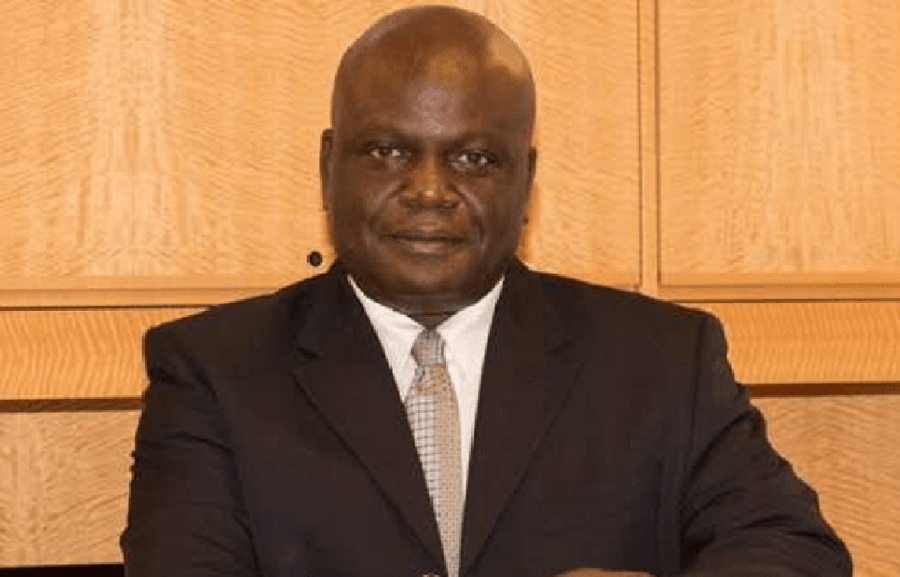Flight crew members will now be required to wear Personal Protective Equipment (PPE) and observe Infection, Prevention and Control (IPC) measures for the duration of their flights.
They would also be required to undergo mandatory COVID-19 test every fortnight, at the expense of their employers.
This is part of the mandatory COVID-19 protocols approved by the Federal Ministry of Health for the aviation industry, as the Nigeria Civil Aviation Authority (NCAA) prepares to gradually ease the lockdown on its operations on June 7.
NCAA Director-General, Captain Musa Nuhu, stated this at a virtual event organised by the Aviation Safety Round Table Initiative (ART) titled COVID-19: The Challenges and Opportunity for Nigeria’s Aviation Value Chain, During and Post.
According to Nuhu who sent letters to airline operators, airports, and other service providers, these new protocols override existing practices where the international flight crew members are quarantined for 14 days upon their return to Nigeria.
(READ MORE: COVID -19: Nigerian companies have records of innovation to turn pandemic challenge to gold)
In addition, the airlines must also conduct orientation and sensitisation of their crew on Infection, Prevention and Control (IPC) measures, in addition to having adequate stock of PPE, minimum 70% alcohol-based hand sanitizers, and Universal Precaution Kits (UPK) on board every aircraft.

The letter reads; “Onboard the flight crew will request passengers wash their hands after using the lavatory, apply disinfectant spray in lavatory every 60 minutes during the flight and maintain a safe distance between passengers and themselves; avoid direct physical contact and serve only pre-packed meals to passengers.
“Flight deck crew must wear non-medical face masks and gloves but can remove face masks when the cockpit door is closed. They must also ensure safe removal of gloves after performing specific tasks and avoid touching their face and eyes with unclean hands.”
The new protocols according to Nuhu, are a result of a proposal earlier sent by the NCAA to the Ministry of Aviation for approval.
Recall that on March 13, President Muhammadu Buhari had announced a shutdown of airport operations for one month. The shutdown was initially extended by two weeks and then later extended by four weeks; all part of measures to contain the COVID-19 pandemic.
The decision to commence flights at the airports on June 7, according to the NCAA, is to avoid chocking the “system”.
(READ MORE: Air Peace to evacuate stranded Indians from Lagos to Kerala)
The airports where operations will commence are the Murtala Mohammed Airport, Ikeja; Nnamdi Azikiwe Airport, Abuja; Aminu Kano Airport, Kano and the Port Harcourt Airport, Choba, Rivers State.
“We may resume domestic operations with four or five airports and we hope to expand as we get better. We don’t want to rush everything at the same time and get it choked up,” he said.

On the issue of physical distancing…
The issue of a 2 metre physical distance has, however, not been concluded in the newly approved protocols, as the NCAA has stated that airlines may not be able to adhere to it.
“Every money is important and we cannot achieve the two-meter physical distance. We are hopeful in the next few days we can resolve those issues and allow the airlines to commence operations,” he said.
In his presentation, Air Peace Chairman, Mr Allen Onyema, also disagreed with plans to leave the middle seats of aircraft free as that could further affect the revenue of the airlines.
He suggested instead that the government provide intervention for local carriers to enable them retain their workers as the pandemic has bored a deep hole in their pockets.
“We should be asking the government for specific things that would help retain jobs. Job retention should be first and foremost. These people’s livelihood are endangered and we must do everything possible to keep their jobs.”














